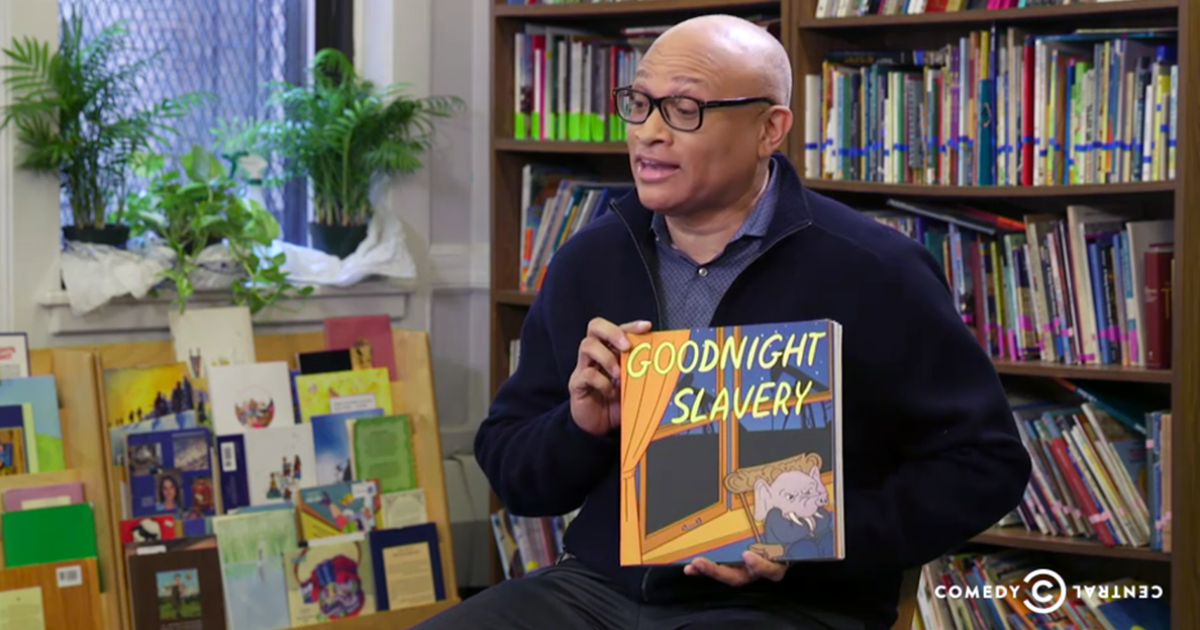On Wednesday, the Supreme Court handed down a decision in Riley v. California that hopefully marks the Court’s movement to join the rest of the population in the modern age. For years, the Court has been siding with the government and eroding the privacy rights of individuals, favoring the authority of government spying. In Riley, the Court may have signalled that that is starting to change.
The government has long argued that its ability to collect information should be regulated by outdated standards that fail to grasp the power and breadth of the technologies it ruled on. These outdated standards amounted to the government’s warrantless collection of phone records, the warrantless collection of GPS tracking data, and a number of practices of which we are only now becoming aware, thanks largely to the Edward Snowden leaks.
In Riley, the government argued that it should have the right to search the contents of a cell phone that it confiscates from a suspect, without a warrant. Attorneys for the government told the Court that a cell phone in someone’s pocket was materially the same as any other item that could be found on a person and should be subject to the same standards for search. This would have meant that a your iPhone would have no greater protection than the wallet in your back pocket.
The Court rejected that argument.
Instead the Court submitted that modern cell phones have more capacity to store information than could reasonably be conceived under the government’s argument. It recognized that, while police may be reasonably able to search through the contents of a wallet or the pockets of a suspect, a cell phone is materially different in that it has the potential to contain a record of the entirety of a person’s life.
“The storage capacity of cell phones has several interrelated consequences for privacy. First, a cell phone collects in one place many distinct types of information–an address, a note, a prescription, a bank statement, a video–that reveal much more in combination than any isolated phone record. Second, a cell phone’s capacity allows even just one type of information to convey far more than previously possible. The sum of an individual’s private life can be reconstructed through a thousand photographs labeled with dates, locations, and descriptions; the same cannot be said of a photograph or two of loved ones tucked into a wallet. Third, the data on a phone can date back to the purchase of the phone, or even earlier. A person might carry in his pocket a slip of paper reminding him to call Mr. Jones; he would not carry a record of all his communications with Mr. Jones for the past several months, as would routinely be kept on a phone.” – Riley v. California
It’s clear that the Supreme Court is starting to recognize that the capability of modern technology far exceeds the conventions of the times when many of the laws that are now used to govern those technologies were passed. Hopefully, this trend is one that we will see maintained and carried far into the future.
Joshua is a writer and researcher with Ring of Fire. You can follow him on Twitter @Joshual33.

